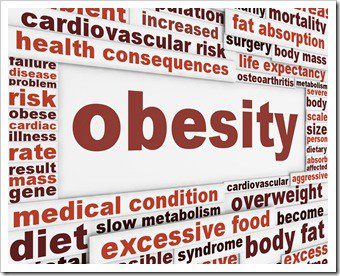 The fastest growing health problem in the modern world is obesity. Obesity contributes to increases in the risk of other diseases and is putting an extreme strain on health budgets throughout the world. The financial implications that are associated with obesity are huge. Here are just a few statistics:
The fastest growing health problem in the modern world is obesity. Obesity contributes to increases in the risk of other diseases and is putting an extreme strain on health budgets throughout the world. The financial implications that are associated with obesity are huge. Here are just a few statistics:
- Approximately 17% of all medical costs in the US are due to obesity and the diseases related to it, this totals an estimated $168 billion per year.
- Per year, obesity adds around $2,800 to an individual’s medical bills.
- If an 18-year-old continues to be obese throughout their adulthood, it is estimated to cost them $550,000.
- Just over one third of all US adults are obese, indicating a body mass index (BMI) of 30 or higher.
- It is estimated that, annually, around 300,000 premature deaths in the US are caused by obesity.
- Obesity is related to about 80% of people who suffer from Type 2 Diabetes. Since 1995 the rate of Diabetes has nearly doubled in eight states.
- Obesity is directly related to 70% of people with heart disease.
- Women on lower incomes are more likely to become obese that women on higher incomes. Just over one third of people earning less than $15,000 per year are obese. Whereas, the rate of obesity for those earning over $50,000 is 24.6%.
- The highest rates of obesity are found among non-Hispanic African Americans (44.1%) and then followed by Mexican-Americans (39.3%). The lowest rate of obesity at 16.7% is found among Asians.
- In the last 30 years childhood obesity has tripled, from 6.5% in children aged 6 to 11 years to 19.6% today.
Good health is combined by many different factors, such as nutrition, exercise and preventative care. In order to lead a healthy lifestyle you must find the balance between these factors and maintain them. It is essential that we tackle the serious problem of obesity and try to live healthier overall. If you would like to know more about obesity and how to live a healthier lifestyle, then just visit our team and see what we can do for you!
For Your Health,
Dr. Ted Smith and

